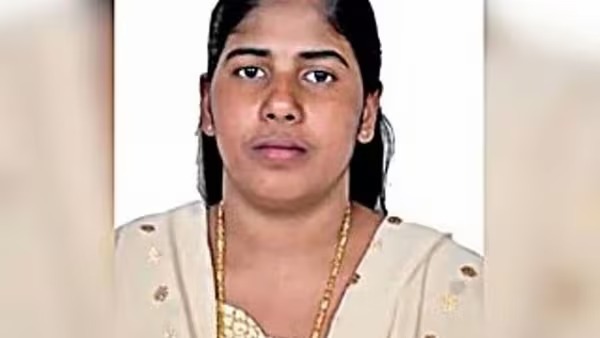The looming execution of Indian nurse Nimisha Priya in Yemen has stirred global attention—not only because of the human rights concerns involved but also due to the Islamic legal concept of blood money, or diyyah, which has become central to the discourse around her case.
According to Islamic jurisprudence, in murder cases, the ultimate authority to forgive the accused or not lies solely with the victim’s family—not with the State or judiciary. If the family of the murdered person chooses to forgive the killer, either with or without compensation, the death sentence can be waived. This principle is rooted in the belief that only the victim’s family can truly understand the gravity of the loss and the circumstances of the crime.
This stands in contrast to the Indian legal system, where such powers rest with the President or the Governor under the constitutional provisions for clemency. In Islam, however, the decision is deeply personal and emotional, based on the relationship and the pain endured by the family of the deceased.
Blood money (diyyah) is a form of compensation offered by the family or representatives of the offender to the victim’s family in exchange for forgiveness. It is not compulsory, nor can it be enforced. The family of the victim may choose to forgive the accused without accepting any money, or they may demand compensation. However, they must not be coerced or manipulated into forgiveness.
One of the most well-known examples is the 2015 Saudi case where Budda bin Rashid Al-Sahli forgave Fahd bin Mashari Al-Barazi, the man who murdered his son, moments before the execution. Though blood money was an option, the victim’s family chose to forgive without accepting any compensation, transforming the emotional and public atmosphere completely.
In stark contrast, another high-profile case saw the Saudi royal Turki bin Saud Al Kabir executed in 2016 for the murder of his friend, despite the royal family’s efforts to offer any amount of blood money. The victim’s family refused to forgive, and justice was carried out without exception—demonstrating the independence and gravity of the victim family’s decision under Islamic law.
Islamic law regarding murder and retribution is primarily based on verses 178 and 179 of Surah Al-Baqarah (Chapter 2) of the Holy Qur’an. The verses read:
“O Believers! Retribution is prescribed for you in cases of killing… But if the killer is forgiven by the victim’s brother, then grant fair compensation and let it be done with kindness…” (Al-Baqarah: 178)
“And there is life for you in retribution, O people of understanding, so that you may become mindful.” (Al-Baqarah: 179)
The verses underline that while retribution is lawful and just, forgiveness is encouraged. Forgiveness, however, must be voluntary, and any compensation agreed upon should be paid respectfully and promptly. Excessive demands or delays by either side are discouraged, as they contradict the spirit of justice and reconciliation.
Commentator Maulana Abul A’la Maududi, in his Tafsir “Towards Understanding the Quran,” explains that while justice is necessary, mercy is praiseworthy—and that the door to forgiveness in Islam upholds humanity even amidst justice.
Nimisha Priya, an Indian national convicted in Yemen for the murder of a Yemeni man, faced execution on July 16, but it has been temporarily stayed following the Indian government’s diplomatic efforts and mediation by Muslim scholars from Kerala. Despite these efforts, the victim’s family has reportedly refused to pardon Priya or accept blood money.
Their firm stance indicates that the execution may proceed, as under Yemeni law influenced by Islamic jurisprudence, the court cannot override the family’s decision.
This case continues to raise questions about cultural differences in legal systems, the limits of diplomacy, and the potential for mercy in the face of grief and justice.




